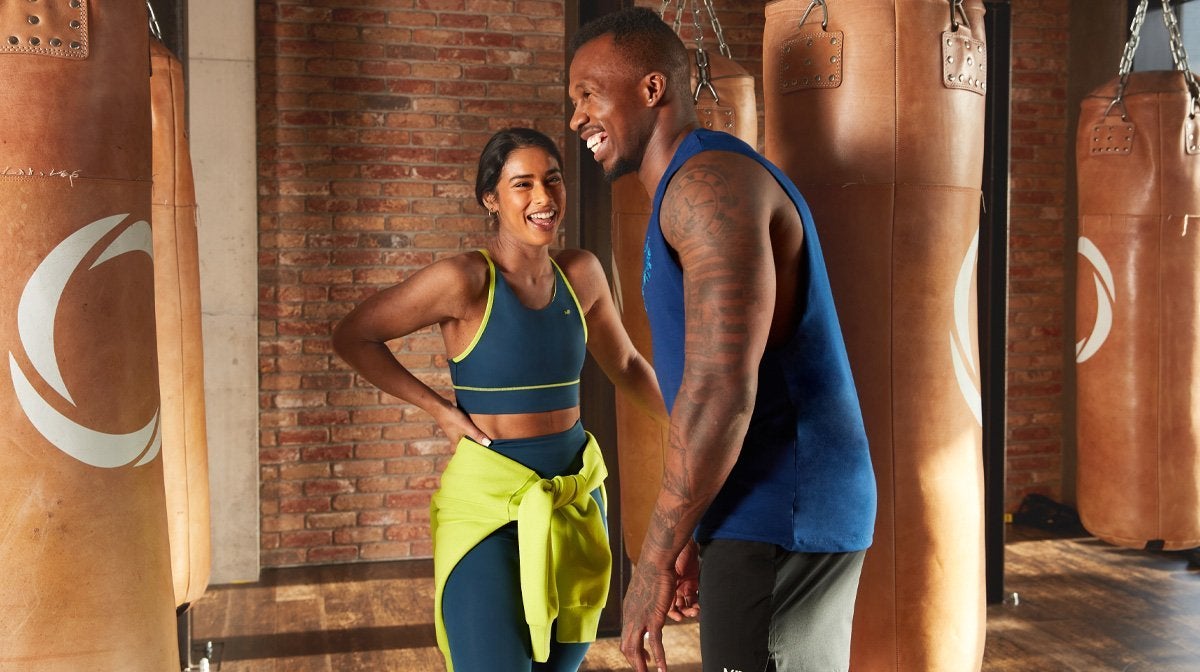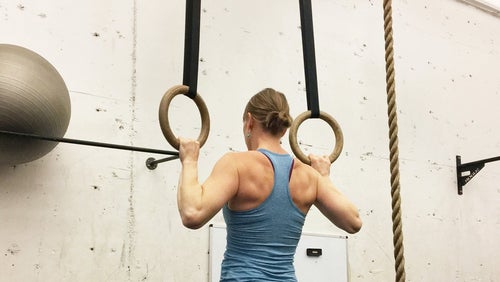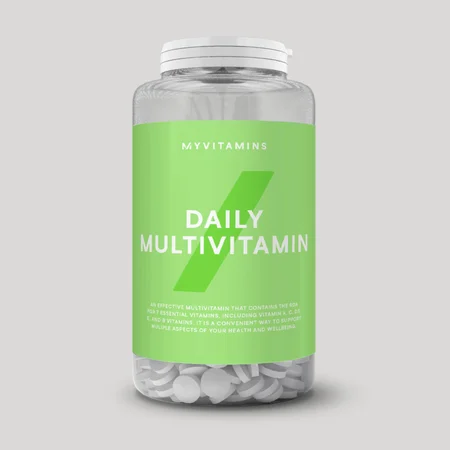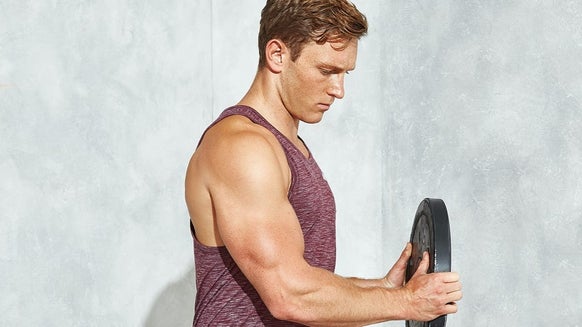
What exactly does a personal trainer do?
There are a lot of trainers, instructors, and coaches currently in the industry with a lot of experience and specialities that may or may not suit you in the best way.
There are also a lot of trainers who might have a qualification, but not the right connection you need to help you in your goals.
Just as everyone’s personality is slightly different, a PT should be able to understand and adapt their training to suit you best.
Do you need a personal trainer as a beginner?
If you’re new to the gym and it’s unfamiliar for you, a PT can help you to find your feet and set you in the right direction.
Targets based on their expertise can keep you motivated — a key reason people don’t keep going to the gym.
If you’ve a bit of knowledge and understanding yourself, you might feel empowered to go it alone, but a PT can certainly help you develop further — like creating a realistic routine, plus support with lifestyle changes such as time management and nutrition.
You may not be a beginner - you may have just reached a plateau. PTs know how to beat these and offer an extra push in the gym.
If you’ve got to a stage where progress has slowed a little and you’re looking at making a big step up, or if you are looking to reach a greater level of fatigue at the gym, getting someone else to plan and motivate you can be positive and successful, if you’re matched with the right person.
How do you know if a personal trainer is good?
This is a hard one, as there are so many people in the industry selling information, advice, and training.
- recommendations from others
- the qualifications they have
- do you connect with them
- their personal philosophy
- their own experience
There are always some exceptions to the above. Some newly qualified trainers are excellent at getting the best out of people and delivering energy to their clients, while some experienced trainers could get a bit complacent with their training.
Is it worth getting a personal trainer?
In my experience a PT can be well worth the money, but it can sometimes seem like a major purchase, especially when so many parts of life are becoming more expensive.
The big question is weighing up the risk of not getting one with the reward of getting one.
The risks could include the cost and time investment — in and out of the gym, including food and recovery — but the reward could be the reduction of time to see results and the reduction in frustration in seeing changes, as well as having someone there to speak to.
Where can you find a personal trainer?
A good place to start looking for a PT is by asking friends and family members if they have anyone they could recommend.
You’ll at least know a little bit about what the PT is like and how they operate to see if they would be the right fit.
If you have no one local to ask or if you’re currently a member at a gym, there are probably PTs already there. If in doubt ask, or check your gym’s website.
Google is always there too. Have a search, find those with their own website.
Qualities to look for in a personal trainer
For me, there are qualities to look for in a trainer that can really help you to pick the right one and see some great improvements in your targets.
1. Qualifications
Do they have a valid personal training qualification and insurance? Do they have any additional qualifications, such as speciality training, short courses, or additional qualifications to make sure they offer up-to-date training and advice.
2. Consultation
Do they also fit in around you in terms of knowing and understanding your priorities, goals, and schedules?
3. Nutrition
So, if a PT doesn’t take an interest in nutrition, they might not be the one for you.
4. Their own habits
While they may not look like an athlete, depending on their goals, they should practice what they preach and they should be able to show you their healthy habits around food, training (even if their goals aren’t the same as yours), mental strength, and resilience.
5. Listening
For me this is one of the biggest qualities of a PT. They should listen to you, not only to develop and adapt a training system that would be beneficial for you so everything you say could be taken into consideration, but also to build the relationship with you so that you know you can trust them.
6. Set (SMART) goals
SMART stands for Specific, Measurable, Achievable, Realistic and Time-bound. If the goals are not specific, you might lose motivation and track of progress. Also, if they’re not realistic for you and your circumstance, you’re never going to achieve them.
7. Research
No one knows everything so be wary of someone who says they do. This could have come from past research they are drawing on, but also be careful of outdated research and how quickly things change with the times.
8. Well-being
Your PT should be understanding of you and your situation and be able to find a good balance in your life between your fitness, lifestyle goals, and your life away from the gym.

Qualities to avoid in a personal trainer
1. Lack of individualization
This could come from not completing a thorough client consultation and not understanding you both physically and situationally. They might also not complete a full screening process including health and fitness tests to track your progress effectively.
2. Lack of references
If they have no one to recommend them or nothing to say, this would be a red flag.
3. Personal agendas
They should still have you, as the client, at the front of their mind, even if they are trying to upsell you on their products this should not be a constant push.
4. Acting like a GP
Referral is a key part of being a PT and if there is a risk of a condition, they should always pass you on to and recommend you to a specialist.
5. Not listening
If your PT is not listening to what you want and where you want to go, as well as what you like to do, they might just be picking sessions off the shelf to deliver. If this is the case, are you really getting what you’ve paid for?
6. Promising quick results
There are no magic short cuts. If you’re getting promised this, there will be a catch. The results might be unhealthy and unsustainable, meaning you become more dependent on the PT rather than a healthier version of yourself.
7. Changing prices
Everyone has to live, and PTs are no different. Sales and introductory offers are normal, but if you are being charged more than you feel you can afford in comparison to others in the area, I would ask questions as to what the added value being offered to you is.
8. Early long-term contracts
Most common contracts would just be in terms of a cancelled session and the amount of notice you might give as an agreement rather than a legal contract.
Questions to ask a personal trainer
Once you have a PT in mind, it’s important to get to know them and have a few questions ready to ask when you start to communicate. Here are some things you should know to make sure they are right for you:
1. How much experience do you have?
They might have lots or little, but they should be able to talk to you about their experiences and you should get a feel if they have what you’re looking for.
2. Who would be your regular client?
If they normally work with a bodybuilder and you’re looking to improve mental and physical health, they might not be a fit. You’ll get an idea of what they could offer you and they should be able to answer you in terms of how they could adapt their experiences to help you.
3. Have you trained people like me?
Everyone is different but you need to be confident your trainer will know how to meet your needs and requirements. If you have any special conditions, needs or goals, you must be confident you will be looked after.
4. What’s your schedule like?
This is a massive one and something you’ll need to be up front with. They might be the perfect fit personality wise, but if they do not have time to match your schedule, you’ll never get to see them or you will end up cancelling sessions regularly.
5. How much do you charge for sessions?
A PT should know their prices, so this should roll off their tongue. They’ll also be used to talking about prices, even if you feel it’s a bit of an awkward subject. There may also be the chance of booking packages and lower prices per session for booking blocks so that would be a good follow-up question here.
6. What are you cancellation policies?
Again, this should be something they’ll be used to and might range from 48 hours in advance to no policy, but they may ask you to sign an agreement that should be mutually agreeable to both parties.
7. Do I need a gym membership as well if I am trained by you?
An off-the-shelf PT might have gym programs written up, but if you do not have a membership, you will need to sign up for one or your PT will need to write you personalized sessions.
Take Home Message
There are a lot of people selling themselves as PTs and a lot of information and misinformation online that is easy to access. Make sure you’re careful and aware of the potential issues surrounding PTs, but also the potential benefits and the amount of support a great PT can offer you.
By picking the right one, you’ll be set for progress, and you’ll be able to look back on the process with a lot of pleasure to see how far you’ve developed in all aspects of yourself.
READ THESE NEXT:

14 Resistance Band Workouts for Beginners
You won't be able to resist these exercises ......

Beginner’s Calisthenics Workout | Personal Trainer Plan
It's trending for a reason .......

The 10 Best Stretches for Running | A Runner’s Guide
Prevent injury with our PTs top stretches. ...

Simon started his fitness journey from a young age, and was playing sports as soon as he could roll a ball. This pushed him to compete in a variety of sports from rugby to squash.
After completing an MSc in Strength & Conditioning, alongside a PT qualification, he gained an academic role at the University of Chester. From lecturing to research-based studies, his applied role caters to both team and individual sports.









